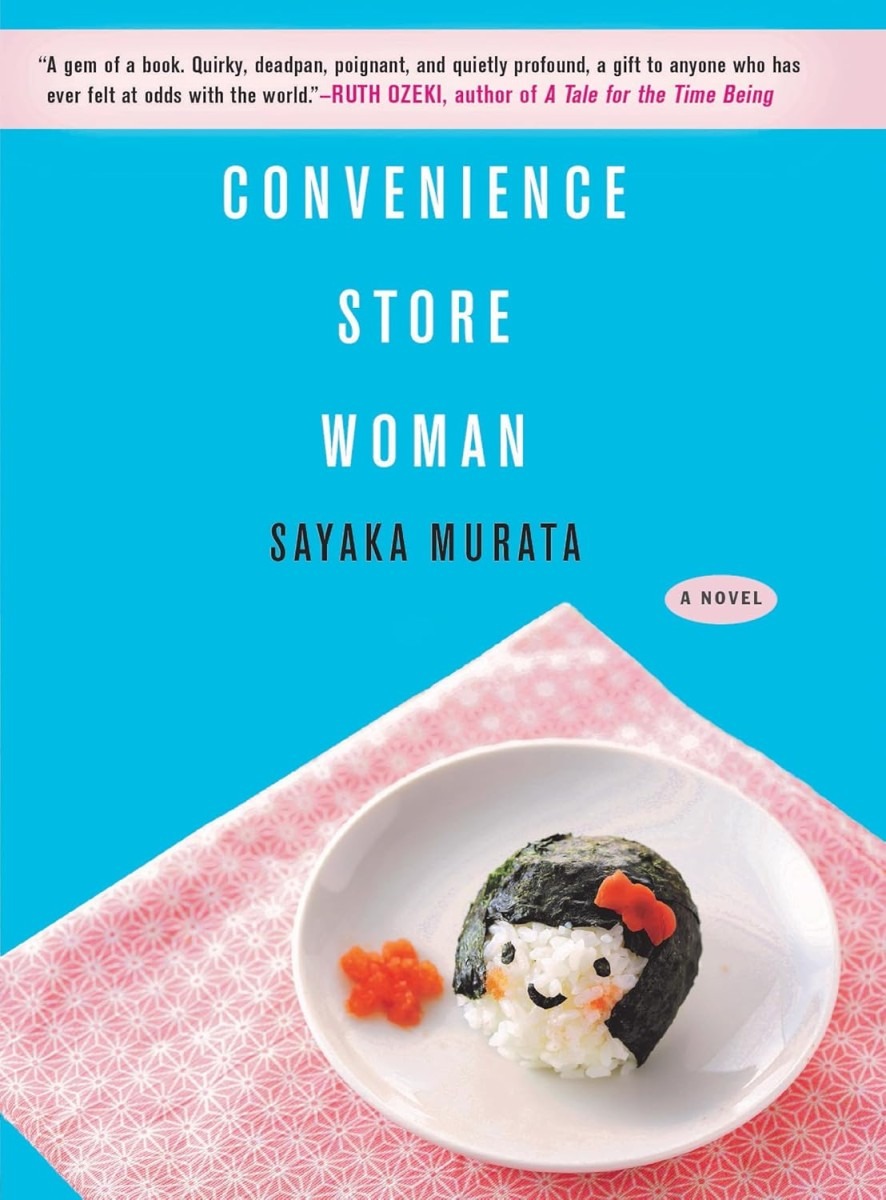I never really thought about convenience stores in Japan although I’d frequent them when I lived there as well as when I return ever summer. For me, I’ll always get my vitamin drink (D-something, which tastes a bit like medicine) as well as sample the new beers as well as purchase my old favorites. It never occurred to me that the well run convenience store would go viral thanks to social media. I still don’t get what all the fuss is about, perhaps it is because they are leagues above our own convenience stores here in the USA.
In the convenience store in Japan you can do quite a lot other than just buy food. You can send packages, luggage, buy tickets and even pay for it all with your metro card.
The only other time I’ve given any thought to the Japanese convenience store was when I had a convenience store employee in my English class. His name was Ken and he was well known for his inability to learn even simple phrases in English. For poor Ken, I don’t believe he ever advanced out of level one. You’d ask him “How are you?” He’d then take a deep breath as though in pain, grimace, lean back and put his hand through his hair trying to figure out how to respond. Thus our conversations were very minimal but through them I was able to understand he had dreams of the convenience store just like the author. Ken would dream of saying “Irashaimase” over and over which he probably actually said while dreaming. Those employees say that word hundreds of times everyday.
And with that, here are my highlights and notes.
At that moment, for the first time ever, I felt I’d become a part in the machine of society. I’ve been reborn, I thought. That day, I actually became a normal cog in society.
I love the word “cog” here. The Japanese work commute is something to behold where you’ll see thousands of people all in business attire quickly pour in and out of the train stations as they pass through the metro system. They all file into the infinite office buildings only to repeat the commute in reverse at the end of the day. This daily mass migration is a machine indeed.
When I first started here, there was a detailed manual that taught me how to be a store worker, and I still don’t have a clue how to be a normal person outside that manual.
When I think that my body is entirely made up of food from this store, I feel like I’m as much a part of the store as the magazine racks or the coffee machine.
That is most likely true. I assume it is also true for fast food workers but at least in the convenience store the food will be slightly more nutritious than fast food.
When you work in a convenience store, people often look down on you for working there. I find this fascinating, and I like to look them in the face when they do this to me. And as I do so I always think: that’s what a human is.
When I read this, I realized I’ve never contemplated the convenience store employees at all except for the realization that many of them are now foreigners. I’ll make it a point to mention their name when I say thank you from now on.
We men have it much harder than women, you know. If you’re not yet a fully fledged member of society, then it’s get a job, and if you’ve got a job, it’s earn more money, and if you earn more money, it’s get married and have offspring. Society is continually judging us.
The protagonist, who appears to be somewhat autistic and asexual allows a former, slacking employee to live with her which is beneficial for both so society will stop nagging them to take the next step in life. This man is fixated on the “stone age” where men are supposed to do the hunting and women stay home. Although he rants about this many times, he is the one leeching off the protagonist. However, in this passage he is not wrong. This is what society expects especially in conformist Japan.
All in, it was a fun read and gave me some insight into the inner workings of the convenience store. I wonder how many convenience store workers will now be bothered with customers asking if they’ve read this book.
